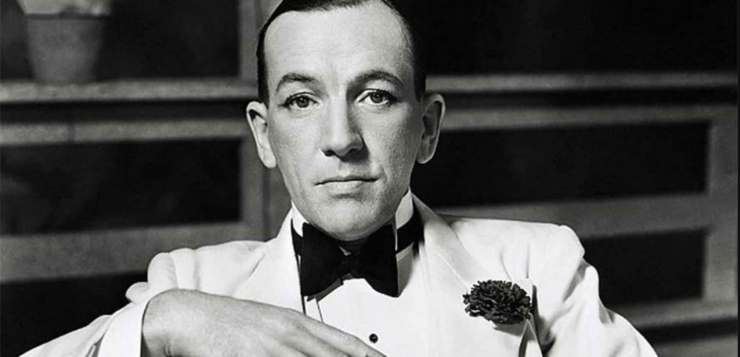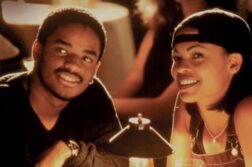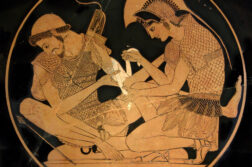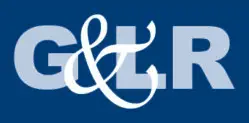AFTER A BRIEF HIATUS, here resumes my annual roundup of some of the films I saw at the Provincetown International Film Festival (PIFF) in June. While not an LGBT festival, there are always plenty of suitable entries for this magazine. Here is the third of four.
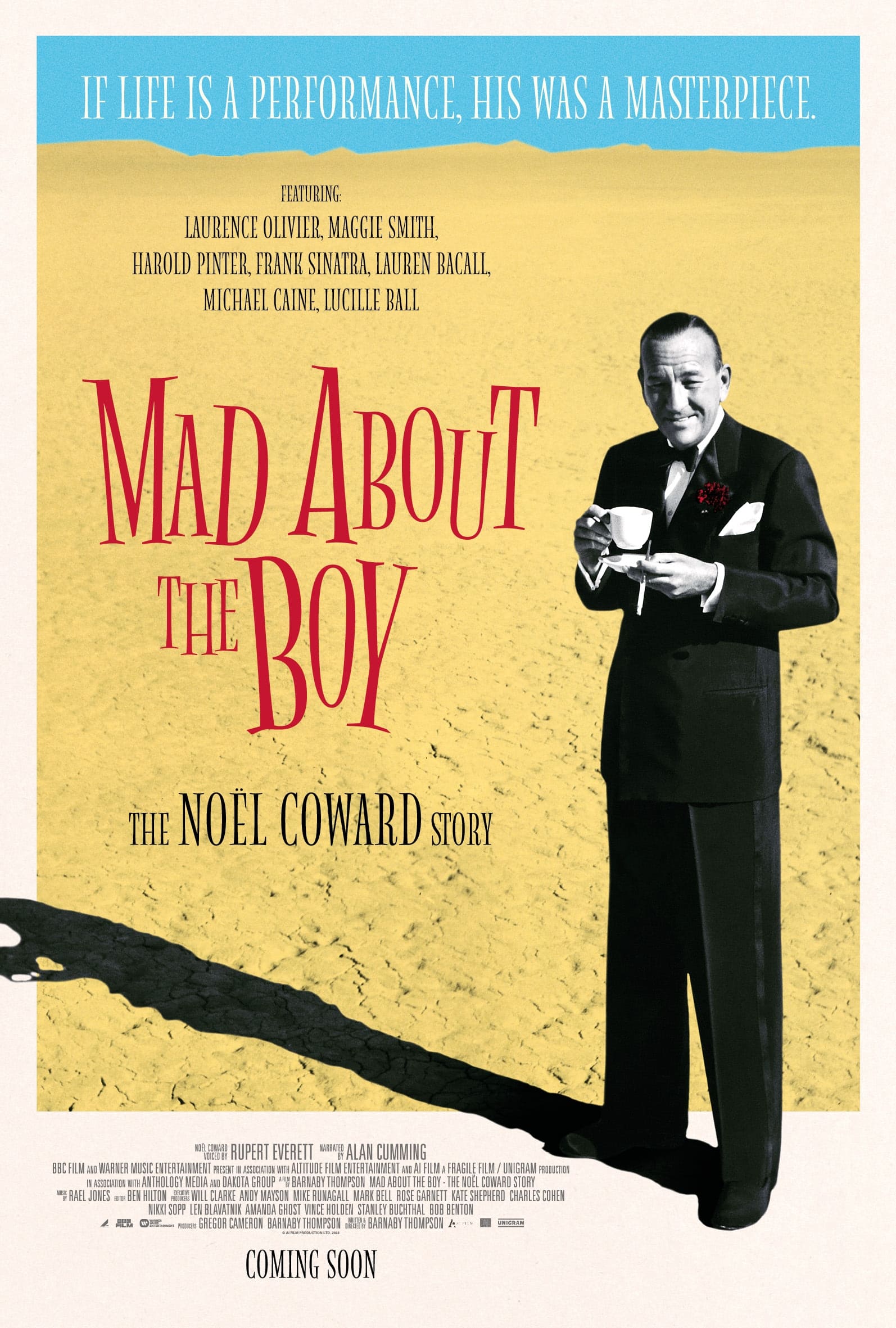 MAD ABOUT THE BOY
MAD ABOUT THE BOY
The Noël Coward Story
Directed by Barnaby Thompson
Altitude Films
Throughout his life, which covered the first three-quarters of the 20th century, Noël Coward did everything in his power to conceal his homosexuality from his adoring public, and for the most part he succeeded. Yet to watch his public performances or to read his arch dialog and cheeky lyrics, surely no one was shocked when the truth came out. If ever there were a case for a “gay sensibility” independent of one’s preferences in bed, Coward would seem to be its poster boy. His plays, mostly comedies in the tradition of Oscar Wilde, are long on style and repartee and short on message or “deeper meaning.” The wonder is that his public gave him a free pass; for a time he was even seen as a heterosexual heartthrob (but so was Liberace!).
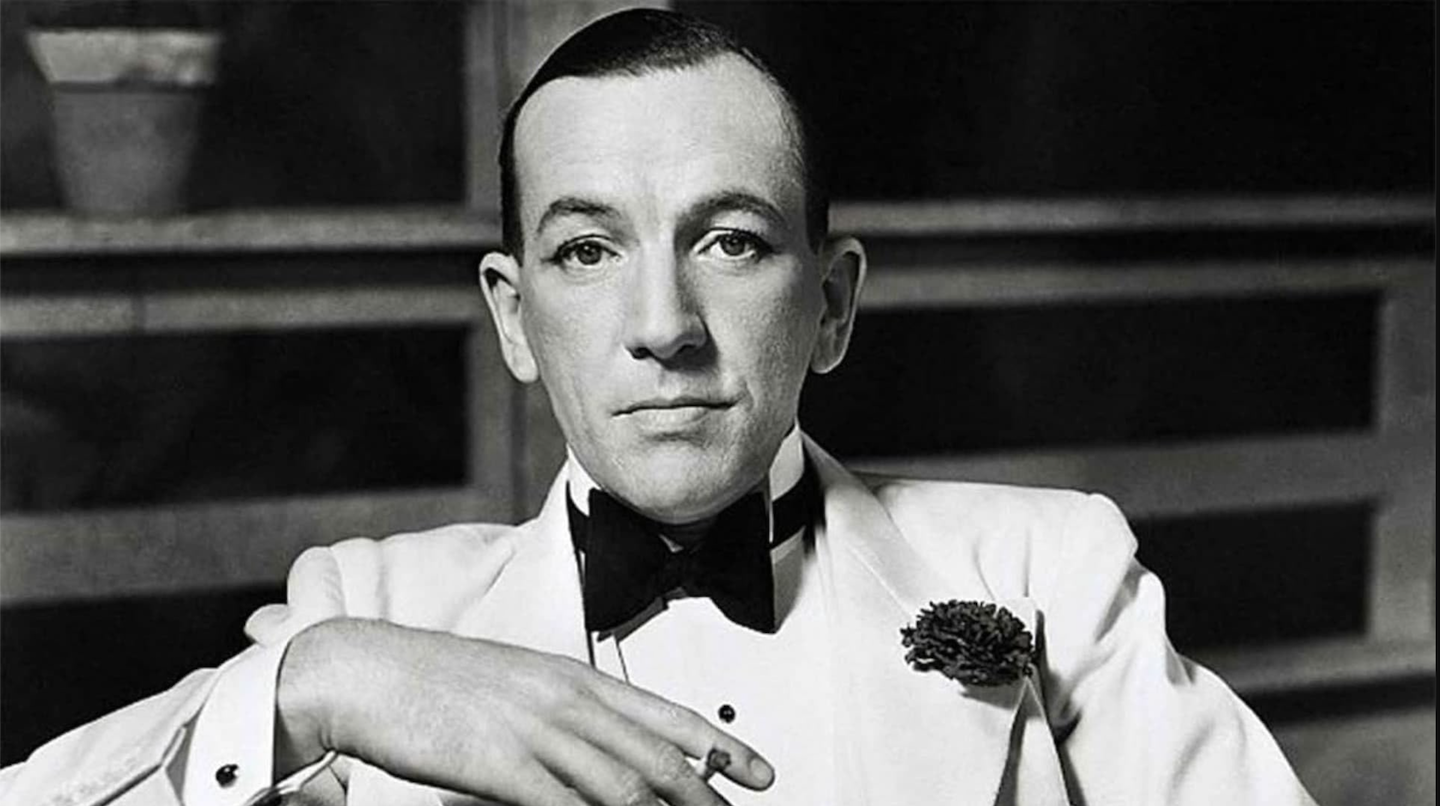
Mad About the Boy—the title refers to a song in the 1939 musical Set to Music and almost seems too gay to describe “the Noël Coward story”—takes us through his long career with scenes from his many live appearances (both as an actor and as a stand-up performer), clips from interviews on the telly (especially one with David Frost in 1968), and fragments from his diaries as read by Rupert Everett. Alan Cumming narrates the film with personal reflections on “the Master.” While Brits of a certain age may find much of this to be old hat, the film provides a lively, at times a gushing, introduction to Coward’s extraordinary range of talents. A number of his fifty plays are still performed today (Blithe Spirit, Private Lives, et al.), and some of his 500 songs can still be heard.
As the presence of Alan Cumming might suggest, Mad About the Boy doesn’t hold back on Coward’s gayness and treats his double life as a leitmotif. In his diaries, he made no attempt to conceal his homosexuality and, unlike many a closeted gay man of his age, showed no sign of guilt or remorse. There’s even some expressly gay material in his œuvre, notably a 1966 play titled A Song of Twilight, which featured a homosexual character. But who needs gay characters when the whole project was in many ways an exercise in high camp?

